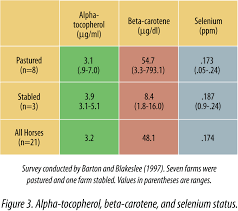Bilirubin is a yellow pigment that’s in everyone’s blood and stool. Sometimes the liver can’t process the bilirubin in the body. This can be due to an excess of bilirubin, an obstruction, or inflammation of the liver. When your body has too much bilirubin, your skin and the whites of your eyes will start to yellow. This condition is called jaundice. A bilirubin test will help determine if you have any of these conditions.
Bilirubin is made in the body when the hemoglobin protein in old red blood cells is broken down. The breakdown of old cells is a normal, healthy process. After circulating in your blood, bilirubin then travels to your liver. In the liver, bilirubin is conjugated, mixed into bile, and then excreted into the bile ducts and stored in your gallbladder. Eventually, the bile is released into the small intestine to help digest fats. It’s ultimately excreted within your stool.
Bilirubin attached by the liver to the glucose-derived acid, glucuronic acid, is called direct, or conjugated, bilirubin. Bilirubin not attached to glucuronic acid is called indirect, or unconjugated, bilirubin. All the bilirubin in your blood together is called total bilirubin.
A comprehensive bilirubin blood test will get an accurate count of all three bilirubin levels in your blood: direct, indirect, and total.
In both adults and children, symptoms related to high bilirubin can involve jaundice, a yellowing of the skin or eyes, fatigue, itchy skin, dark urine, and low appetite.



 Contact Us
Contact Us






 Hospitals
Hospitals
 Doctors
Doctors
 Diagnostic
Diagnostic
 Pharmacy
Pharmacy
 Health Tips
Health Tips
 Blog
Blog

























Comments